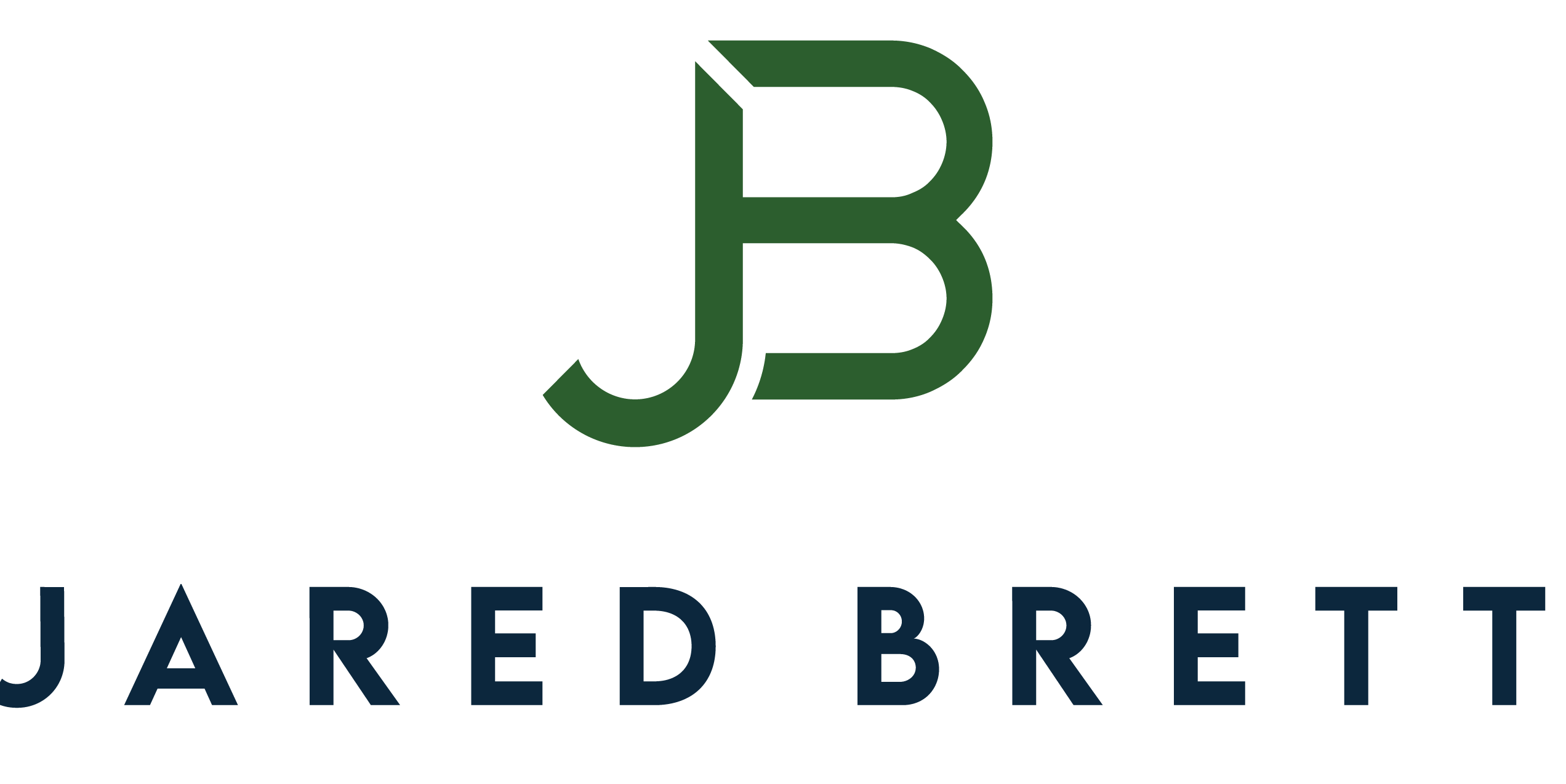Technical Product Managers (TPMs) are currently in high demand, with a new company popping up every day that needs one.
But how do you become a technical product manager?
It’s a question that is frequently on the minds of those looking to make a career switch into the exciting world of product management. This blog aims to answer the question of how to become a technical product manager by answering frequently asked questions. Let’s start with the fundamental question: What is product management?
Table of Contents
How Can I tell if a Career in Product Management Would be a Good Fit for Me?
Where do You Recommend I Begin My Journey if I Want to Break into Product Management?
Is it Hard to Break into the Field of Technical Product Managers?
Do I Really Need to Become Proficient in Coding?
What About Those Intensive “Coding Bootcamp” Training Programs?
What is the Most Straightforward Entry Point into Product Management?
What Would You Do if You Had to Start Over with No Money and No Corporate Job?
Why Do Technical Product Managers Quit?
Why Do Technical Product Managers Stay?
What is product management?
Product management is the process of overseeing the development and lifecycle of a solution to a customer pain point. This includes everything from identifying customer needs and defining product features to coordinating the efforts of cross-functional teams and launching the product to market.
Technical product managers aim to ensure that the product meets the needs of the target customer and is delivered on time, within budget, and with high quality. Product managers are responsible for defining the product vision and strategy and working closely with engineering, design, and other teams to bring the product to fruition.
How Can I tell if a Career in Product Management Would be a Good Fit for Me?
The people who work on products that impress me the most are incredibly inquisitive. They are the kind of people whose histories on YouTube are filled with videos about the production of harmonicas and the development of bonsai, with the occasional talk given at a DefCon convention thrown in there for good measure.
They enjoy a good mystery. The fact that they don’t know the answer to something and get to come up with a solution gives them energy. Most importantly, it indicates that they don’t mind being proven wrong.
They are not afraid to investigate a theory, question their preconceived notions and biases, and generally look foolish in front of others.
In addition to that, they possess a sizable empathy bone. They can listen, gain people’s trust, and keep conversations going.
If any of the above describes you, you’d be a great fit in the world of technical product managers.
On the other hand, if you enjoy going home at the end of the workday with the satisfaction of knowing that you’ve achieved something, this might not be the most suitable option for you.
Many people see product management as a way to break into the technology industry without learning to code. That will get the job done but won’t make you happy. This leads us to our next question…
Where do You Recommend I Begin My Journey if I Want to Break into Product Management?
To get started as a technical product manager, consider the company you would like to work for. It’s important to think about where you want to work because the business world has yet to figure out the most effective way to locate and recruit product people. In the absence of a standard, individual businesses adopt a variety of strategies. For instance, having an MBA is advantageous if you want to work for a large technology company like Amazon, Google, Netflix, or Meta. This is because these large companies have discovered that hiring people with a strong business sense and hiring a separate pool of strong engineers is simpler than finding people who are good at business and engineering.
MBAs are a good proxy, particularly if the program in question, like the one offered at UCLA Anderson, has a technology focus that students can pursue. On the other hand, you don’t have to have an MBA for the job, and you don’t have to follow the technology track if you do (I didn’t focus on technology when I got mine).
People who are a little bit scrappier are often preferred to work for startups. When I applied to work for a startup, I was once turned down for the position because I explained that I was used to working with an engineering organization that had 200 people, but their startup only had two. They didn’t think I was the right person for the job, and I suspect they were right.
Is it Hard to Break into the Field of Technical Product Managers?
It’s not easy to break into product management, but it is not impossible. As mentioned above, businesses haven’t found a great process for identifying and hiring product managers. It can be difficult to prepare yourself when you don’t know what companies are even looking for in a candidate. In the sections below, I talk about different ways to break in, but regardless of your strategy, there is one key skill any product manager needs.
The number one thing that you need to do is be able to communicate effectively. People are especially drawn to those who can articulate their ideas, convey their thoughts and feelings, and speak to the customer. You also need to be able to sell your vision to your company. You need to be able to sell the idea, the features, the benefits, and the value to the customer. These are just a few skills you can learn and work on throughout your career or even while you’re still in school.
Do I Really Need to Become Proficient in Coding?
The short answer is no. You will never be expected to push code to production if you are working as a product manager for a company that is in good health (although that doesn’t mean you can’t).
Having said that, I have discovered that having some level of technical knowledge is undeniably helpful. You will benefit in three ways from having a general knowledge of technology:
- It lets you move faster because you can skip all the ridiculous or expensive ideas.
- It ensures you think about important but often overlooked things like your products’ performance, reliability, and security.
- It assists you in gaining the engineering organization’s trust. Nothing is more frustrating for an engineer than when a product manager makes an absurd promise to a customer, thinking, “it’ll be easy,” when actually fulfilling that request will take months of hard work. As a product manager, you should always operate under the assumption that the engineering team is more knowledgeable than you are.
To skill up, I would suggest spending a weekend going through the W3 Schools SQL tutorial. I would also recommend spending a couple of weekends going through the Automating the Boring Stuff with Python tutorial. After that, I’d watch a few YouTube video introductions to APIs and microservices, event-driven systems, relational databases, graph databases, security, performance, and reliability.
What About Those Intensive “Coding Bootcamp” Training Programs?
I’ll begin by stating that I’ve never taken part in one and that I’ve also never collaborated with anyone who has. Even so, they seem very popular, and some of them offer the right incentives by guaranteeing a job in the field before payment is made.
That said, I don’t think you’ll learn anything that can’t be found on YouTube, StackOverflow, or in a good book; however, there is something to be said for a structured curriculum designed by someone else whom you’re paying to keep you honest. It’s the same thing as getting a personal trainer or any other coach, and there’s nothing wrong with that.
What is the Most Straightforward Entry Point into Product Management?
In my opinion, the simplest way to get your foot in the door is to utilize technology in some capacity at the job you already have.
Many people are either intimidated by technology or under the impression that they are not intelligent enough to participate in it. This is not the case. Find a way to automate, for instance, any spreadsheets you must fill out weekly if you have them. Create a macro that will generate some fancy graphs and output them. Make yourself known as a person who is competent in some aspect of technology, and then work your way in.
It’s not easy for your company to fill open positions. The process of hiring for technical roles is extremely challenging. They will be happy to keep you at your current non-tech salary while you do technology-related work for the next year or two. Use that as an opportunity to revise your resume to include all relevant technical information and then seek employment in product management somewhere else.
What Would You Do if You Had to Start Over with No Money and No Corporate Job?
If I were you, I’d launch a website, almost certainly an online storefront. After constructing a website, I would try to sell some products I had made or purchased. This would give me an idea of whether or not I enjoy finding solutions to the various challenges that could be thrown my way.
After that, I’d work on developing a digital product, preferably something uncomplicated and straightforward.
I might take one of my hobbies and construct something that makes it simpler to do. The objective would be to complete a few projects and gain experience in the process. I would also get to know people in the industry by joining several tech meetups and going to several talks. Then, I would try to identify a project or skill that the market appears to be lacking, and I would either build it or become it. I did this. I got to the point where I was known as a person who is “super interested” in some relative niche area of study, and as a result, I was invited to many more things, such as groups on LinkedIn. Afterward, I would start poking around that network for referrals to open jobs, armed with a resume and some connections.
Why Do Technical Product Managers Quit?
Product managers are responsible for building and executing the product roadmap. They are the ones who make sure the product meets market needs and has the features the business wants. However, building and executing the product roadmap can be challenging. As a product manager, you’ll be inundated with feedback and likely have to make difficult decisions. This can be difficult to do as a job. Product managers often quit because they feel they’ve done everything they can. They leave because they feel like they’ve tried their best for their company, and it’s not enough, and they are feeling bruised and burned out.
There’s also the realization that the job is just not right for them. Product managers have to be comfortable with being wrong all the time, with disappointing people. Since there’s no checklist when you’re inventing something, you have to be comfortable wading through ambiguity. Sometimes, you’ll get a call at 2am from an engineer asking if it’ll be a problem if they turn something off. That’s not for everyone.
Why Do Technical Product Managers Stay?
The answer is simple: they stay because they enjoy the work. They stay because they feel like they are making an impact. They stay because they feel fulfilled.
Product managers are in charge of the end vision, the company’s mission, the product roadmap, and the day-to-day operations. Product managers make decisions that impact the company on a large scale. That’s why they stick around—they enjoy their jobs. The best product managers are those who are equally good at managing products, businesses, and people.
Conclusion
I’m always excited when I can offer helpful advice to help people find their dream careers. When I talked about the best entry point into product management, I wanted to make sure it was clear that there isn’t a one-size-fits-all approach to this. However, I also couldn’t help but mention how difficult it can be to break into product management. It is a tough industry, and there is much competition.
I hope you enjoyed this blog post about becoming a technical product manager. In this blog, I discussed the benefits of becoming a technical product manager and how to get started in the field. I also shared some helpful tips that will make your transition into the field easier.
I hope that by breaking down the process into a few simple points, you’ll be able to determine if this is the right career for you. Let us know in the comments section at the bottom of the article if you have any questions or concerns.




